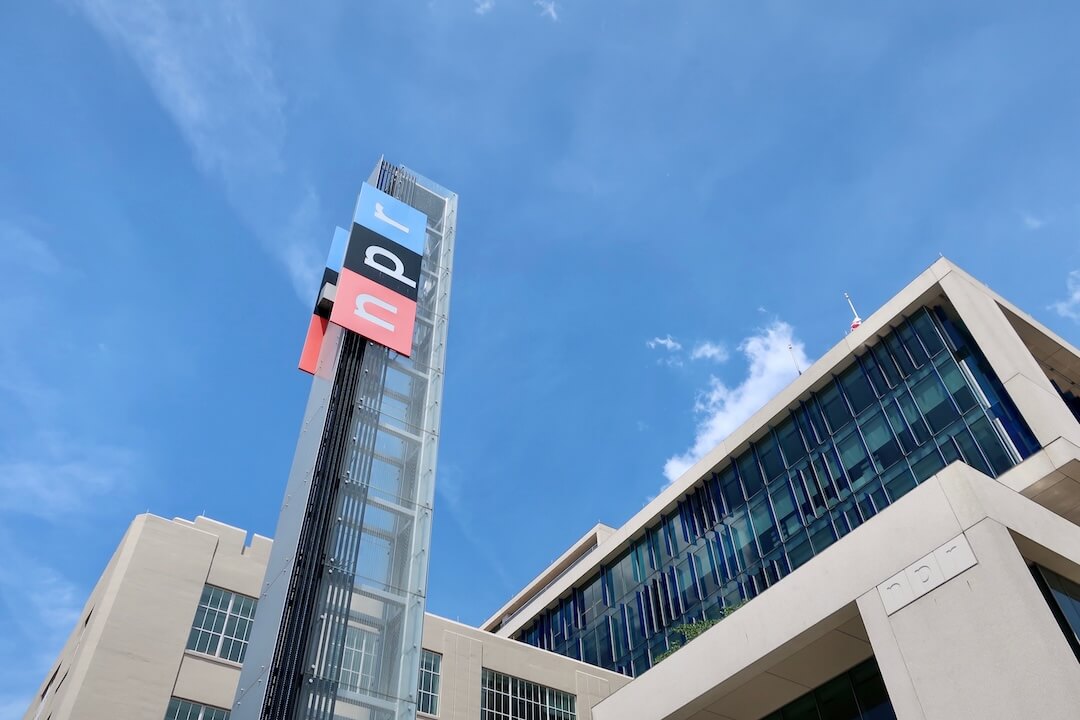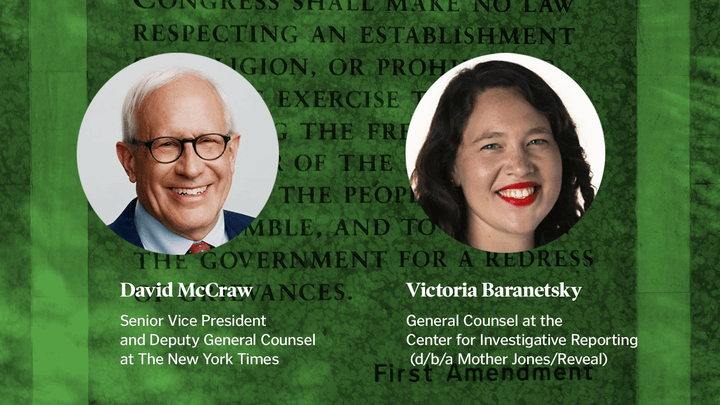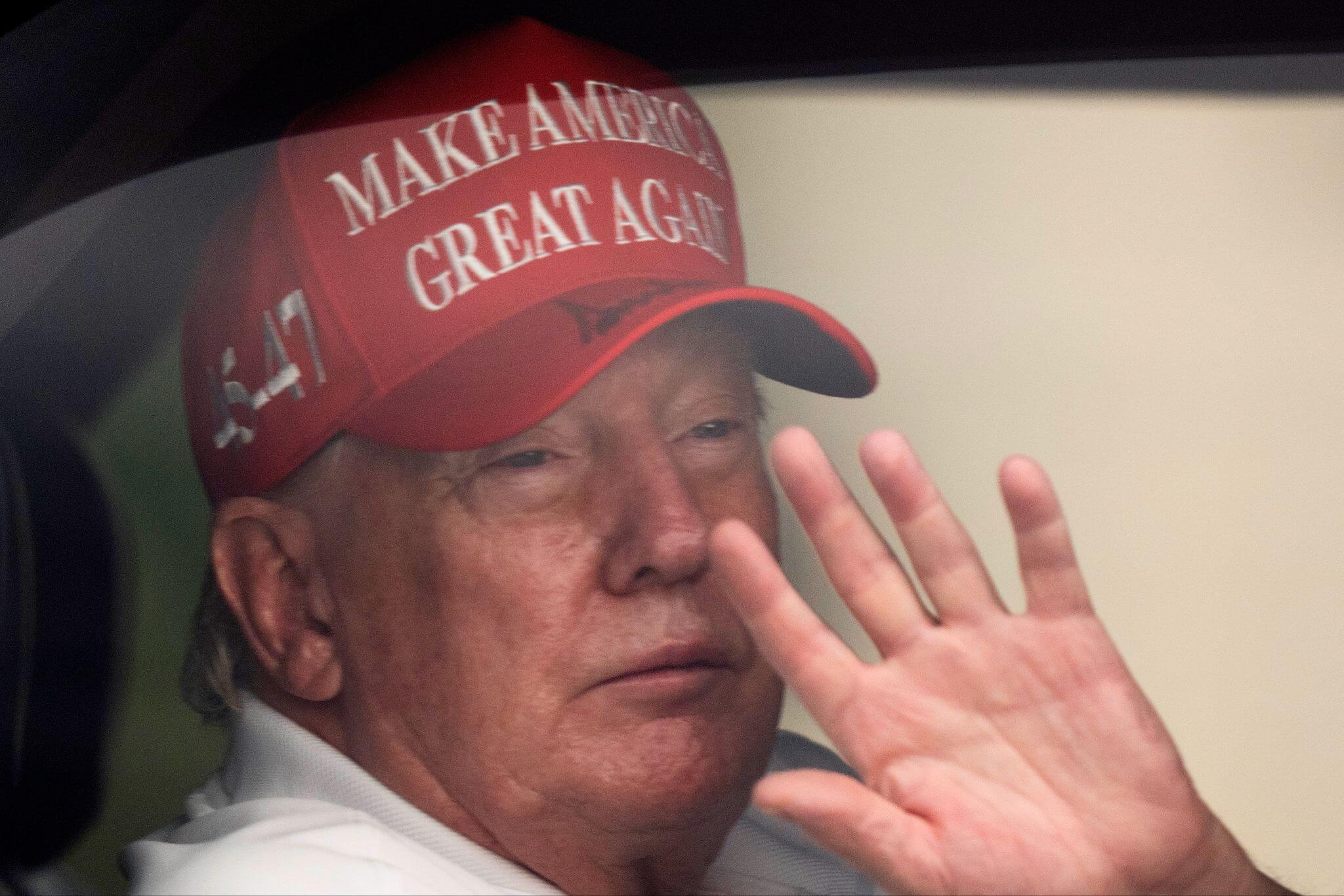House Republicans vowed to cut funding for public broadcasting, which they attacked as biased and irrelevant, during a Delivering on Government Efficiency subcommittee hearing Wednesday.
The hearing, called “Anti-American Airwaves: Holding the heads of NPR and PBS Accountable,” featured testimony from NPR chief executive Katherine Maher and PBS chief executive Paula Kerger. Republicans on the committee grilled the two, questioning why the government should continue providing hundreds of millions of dollars in funding via the Corporation for Public Broadcasting.
“The Corporation for Public Broadcasting is using taxpayer dollars to actively suppress the truth, suppress diverse viewpoints and produce some of the most outlandish, ludicrous content,” said the subcommittee’s chair, Georgia Republican Rep. Marjorie Taylor Greene. “After listening to what we heard today, we will be calling for the complete and total defund and dismantling of the Corporation for Public Broadcasting.”
Started in 1967 by the Public Broadcasting Act, CPB is a private nonprofit that distributes money to more than 1,500 public radio and television stations. For the current fiscal year, CPB received $535 million in federal funding. Republicans have long pushed for cuts to CPB, and Congress is currently considering legislation to defund the entity.
Maher and Kerger argued Wednesday that millions of Americans, especially those in rural areas, rely on news and educational programming from public broadcasting stations. Money from CPB also helps support broadcasting infrastructure that enables Americans to access emergency alerts and information during disasters.
“Local public media journalism has never been more important to American families, who consider it part of the fabric of their communities,” Maher said. “It correlates with higher rates of civic engagement, greater civic cohesion and economic advantages, such as better municipal bond ratings.”
“Especially in rural areas, PBS stations are the only outlet providing coverage of local events,” Kerger said.
Though funding from CPB makes up a relatively small portion of NPR’s and PBS’ budgets, many smaller and medium-sized local stations would not exist without federal funding, the executives said. Maher added that because these stations exist in a network and share content, Americans in more affluent areas would not be able to hear from those in less affluent areas.
Heritage Foundation senior fellow Michael Gonzalez, who wrote a section advocating for the defunding of CPB for Project 2025, also testified.
Republicans on the subcommittee insisted that federal funding should not go to “biased” outlets like NPR and PBS. “You all can hate us on your own dime,” Greene said. Many of the Republicans’ questions centered on an essay former NPR senior business editor Uri Berliner wrote for The Free Press last year, in which he outlined ways he believed NPR had “lost America’s trust” through left-leaning advocacy. Conservatives have since rallied around that essay as justification for the defunding of public media.
Maher told the subcommittee that she joined NPR after many of the incidents cited in Berliner’s essay had taken place and that as CEO, she is not involved with the outlet’s editorial decisions. She did, however, admit that NPR was “mistaken” in failing to promptly and aggressively cover the controversy around Hunter Biden’s laptop. Asked about Berliner’s claim that he discovered 87 NPR editorial staff registered as Democrats in Washington, D.C., and zero as Republicans, Maher said she found it “concerning if those numbers are accurate.”
Maher also walked back some of her previous social media posts, which Republicans highlighted as examples of bias. Those posts, which predate her tenure at NPR, include criticisms of President Donald Trump and commentary on social justice issues. (Maher does not have a background in journalism.) One post from 2020, for example, called Trump a “deranged racist sociopath.”
“I regret those tweets,” Maher told Congress Wednesday. “I would not tweet them again today.”
Maher testified that since joining NPR, the outlet has launched initiatives to improve its editorial review processes to ensure its coverage was “fair and comprehensive.” It has hired new editors and met regularly with local newsrooms to hear about audience needs.
Some Republicans took a different tack, claiming that public broadcasting is no longer needed at a time when many Americans have cellphones and internet access. Democrats and public broadcast leaders pushed back, pointing to the role public radio and TV play during emergencies. In the aftermath of Hurricane Helene, for example, public radio was one of the only information sources available to North Carolina residents who lacked power, Wi-Fi and cell service.
A Pew Research Center report released Wednesday found that 43% of Americans believe NPR and PBS should continue to receive federal funding. A third said they were not sure, while 24% supported removing federal funding.
As Republicans picked apart NPR and PBS’ content, Democrats on the subcommittee lambasted the decision to question Maher and Kerger instead of investigating the Trump administration. Massachusetts Democratic Rep. Stephen Lynch argued that the committee should be questioning the officials who participated in the Signal group chat that leaked attack plans to The Atlantic editor-in-chief Jeffrey Goldberg.
“I recall a time when just the potential for a security breach that could expose American troops and intelligence personnel to unnecessary danger would immediately trigger hearings and bring this committee to a lather on both sides,” Lynch said. “But you can bet we won’t be touching this issue because today, the controlling House majority is afraid to do its job. It is afraid to hold Trump and Trump’s administration accountable.
“They would rather post up against Big Bird.”
Other Democrats turned to humor to make their point. “How many millions of dollars a month do taxpayers spend for Daniel the Tiger to play golf?” Texas Democratic Rep. Greg Casar asked. “How about Arthur the Aardvark? Has he ever fired independent government watchdogs who are investigating his companies?”
CPB’s funding is one-sixth the amount that Elon Musk’s companies earn from government contracts, Casar said. If the DOGE subcommittee wants to look into government waste, fraud and abuse, they should investigate Musk, argued Democrats who held up a “Fire Elon, Save Elmo” sign.
The hearing comes at a time when the media has faced increasing attacks from the federal government. Since taking office, Trump and his administration have canceled media contracts, kicked outlets out of dedicated workspaces, taken over the White House press pool and terminated grants to global broadcast networks. Both NPR and PBS are under investigation by the Federal Communications Commission for allegedly violating a law preventing them from running commercial advertisements. (Maher and Kerger said Wednesday their networks were in compliance with the law.)
Those attacks on the press, not PBS and NPR, are what the American people should be worried about, Texas Democratic Rep. Jasmine Crockett said.
“It should not be surprising that the president is doing everything possible to make it more difficult for the media to hold him accountable and for the public to be informed about his reckless and illegal behavior.”








Comments